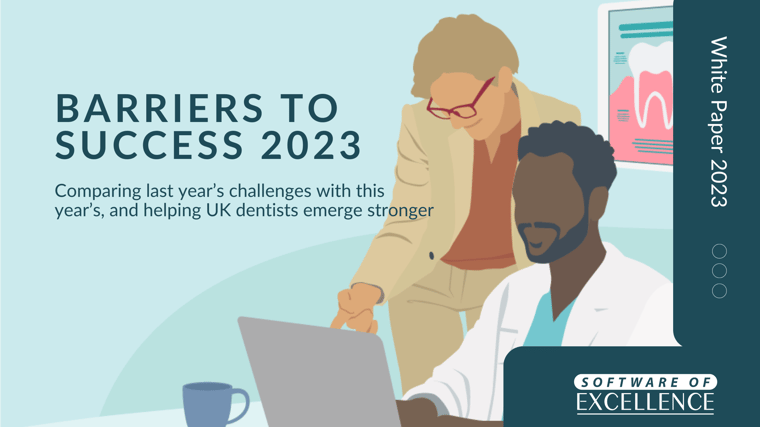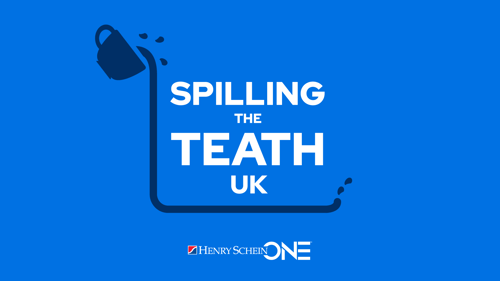Barriers to Success: Navigating Economic Pressures with Software of Excellence
Top tips to support your patients in prioritising their dental care during a cost-of-living crisis
In an era characterised by economic pressures and fluctuating current affairs, it's no wonder our recent White Paper – Barriers to Success, highlighted how individuals and families are facing tighter budgets and less disposable income for various expenditures – severely impacting the dental industry. Essentially, people have less to spend on dental health care.
The Economic Landscape
The economic landscape has been in a constant state of flux for some time, and recent years have seen various challenges directly affecting patient’s finances. Factors such as rising mortgage rates, inflation, job market uncertainties, and the ever-increasing cost of living have combined, creating a situation where individuals and families are tightening their financial belts. Reduced disposable income impacts all aspects of life, including healthcare – dental care is no exception.
Dental Care as an Essential Expense
Dental care is an integral part of overall health and well-being – unfortunately, it's often perceived as a discretionary expense when individuals face difficult financial choices. Dental care tends to take a backseat to immediate financial priorities such as housing, groceries, and utilities – causing a cascading effect on dental practices.
Practices are grappling with higher operational costs, especially when considering staff wages, which are a substantial part of their expenses. As people postpone or forego dental visits due to financial constraints, practices have fallen victim to lower value appointment books leading to reduced profitability. Patients may continue to book in for low value treatment check-ups but forego more expensive elective treatments whilst they ride out the cost-of-living storm.
It's a catch-22 situation – patients and dental practices feel the financial strain. Patients, due to decreased disposable income, are reluctant to seek regular dental care, leading to worsened dental issues. While dental practices are experiencing a drop in revenue, making it challenging to sustain operations and support quality patient care.
Possible Solutions
Conversations around prevention: Encourage patients to incorporate dental care into their financial planning – emphasise the long-term cost savings associated with preventive dental care compared to treating advanced dental issues. Patient Portal includes detailed treatment plans created by the dental team. These plans outline recommended procedures, associated costs, and the timeline for treatment. By making this information accessible, patients can anticipate upcoming expenses and plan their budgets.
Flexible Payment Options: Dental practices can explore flexible payment plans, discounts, or special packages to make dental care more affordable for patients during tough economic times. Online Booking can play a crucial role in helping dental patients access flexible payment options for their oral health care. By integrating Online Booking with financial and payment plan features, dental practices can enhance the overall patient experience, making it easier for patients to manage their dental expenses. 
Community Outreach: Engage in community outreach programs to raise awareness about the importance of dental health and offer free or reduced-cost dental check-ups to those in need. Campaign Plus can help you market out key messages, ensuring your patients know you’re there for them when they need it most.
Insurance and Coverage: Advocate for dental insurance coverage and encourage patients to explore available options. Dental practices can also work with insurance providers to find ways to reduce out-of-pocket costs for patients.
Conclusion
Dental practices must adapt to these challenging economic times by finding innovative ways to make dental care more accessible and affordable while maintaining the quality of care. By working together, patients and dental professionals can navigate economic pressures and ensure oral health remains a priority in the face of financial challenges.
Download our White Paper here.




